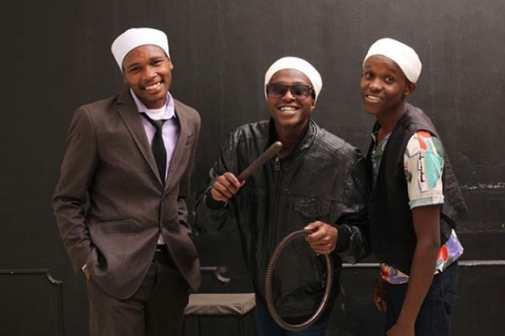×
The Standard e-Paper
Truth Without Fear

Gone are the days when Akorino were known for being reserved and conservative.
In days gone by, the sect shunned publicity and it was difficult to get them to talk, something that may have stirred up the misconceptions about their faith.